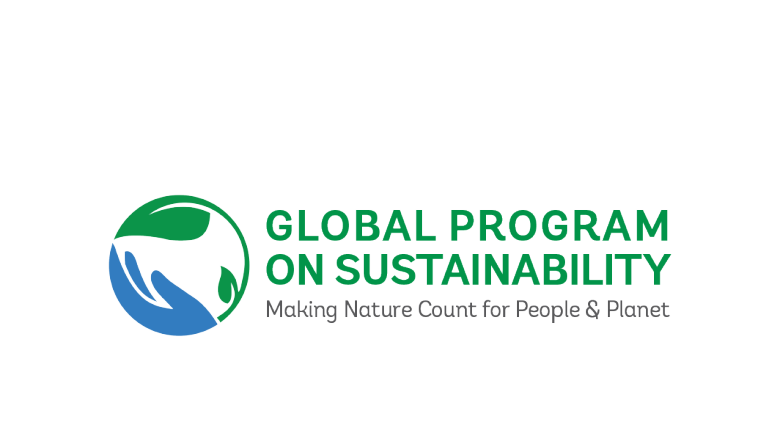The GPS-sponsored grant in India was established to assess the impact of nature-smart and climate resilient policies in India using macroeconomic and land-use models that incorporate natural capital and ecosystem services.
In FY24, activities supported by the grant resulted in the completion of two analytical pieces:
- Integrating Natural Capital in Evidence-Based Public Policy Making in India:The study on integrating natural capital in evidence based public policy making enhanced the understanding of the economic implications of forestry-based carbon mitigation policies in India within the framework of its NDC and long-term mitigation objectives. Through the dynamic Integrated Economic-Environmental Modeling approach coupled with high-resolution spatial Land Use Land Cover change and Ecosystem Services modeling, the study evaluated how various policy scenarios would affect changes in land use, ecosystem services, wealth, and gross domestic product.
- Nature-Based Solutions for Resilience, Adaptation, and Mitigation Benefits Against Climate Change: The analytical piece on nature-based solutions for resilience, adaptation, and mitigation benefits against climate change estimated the number of person-days that could be generated if the NDC targets for carbon sequestration are met.
In FY25, the key findings from these studies are expected to be submitted to an academic journal, and a dissemination workshop in collaboration with the Indian government is also planned.
Thus far, the first study has contributed to India’s country economic memorandum and informed its CCDR, which is under preparation, by offering a quantitative analysis of the economic implications of forestry-based carbon mitigation actions and the flow of ecosystem services.
The second study has also informed the CCDR by providing a quantitative assessment of the land and cost requirements for achieving the forest-related carbon sequestration targets outlined in India’s NDC. Both studies have contributed to India’s Streamlined Systematic Country Diagnostic Update 2024 (to be completed by the end of 2024).
The analytical work is informing the design of two projects:
- Transformational Restoration for Ecological and Economic Development project: a multi-state forestry initiative, aims to support India in meeting its carbon sequestration targets under its NDC. While awaiting the formal request for the lending project, the project design will focus on identifying states with high potential for carbon sequestration, estimating the costs associated with achieving NDC targets, and projecting the potential benefit under various growth scenarios.
- Economic Development and the Enhancing Landscape and Ecosystem Management project: It aims to enhance landscape management and provide benefits to forest-dependent communities in Tripura and Nagaland. The methodology used in the grant to estimate ecosystem services values will be applied during project implementation in selected landscapes.



